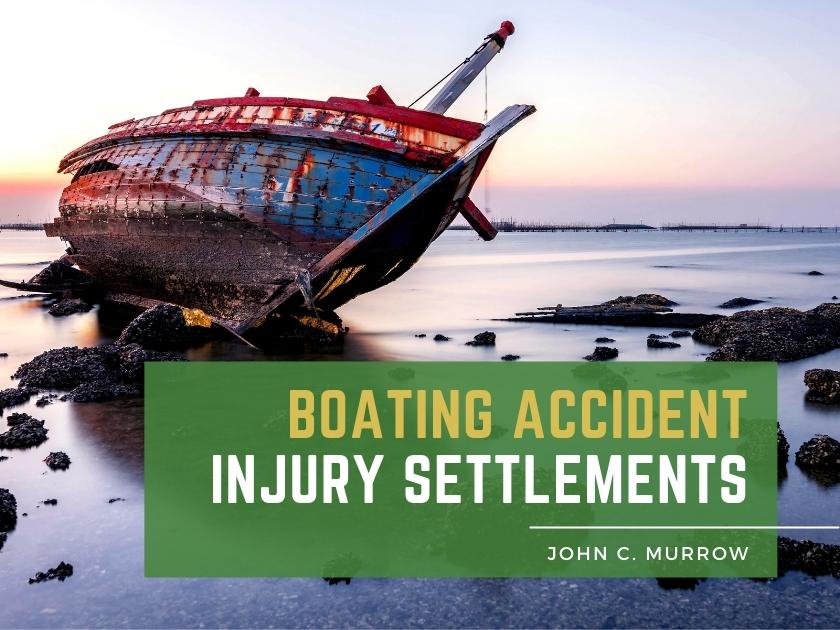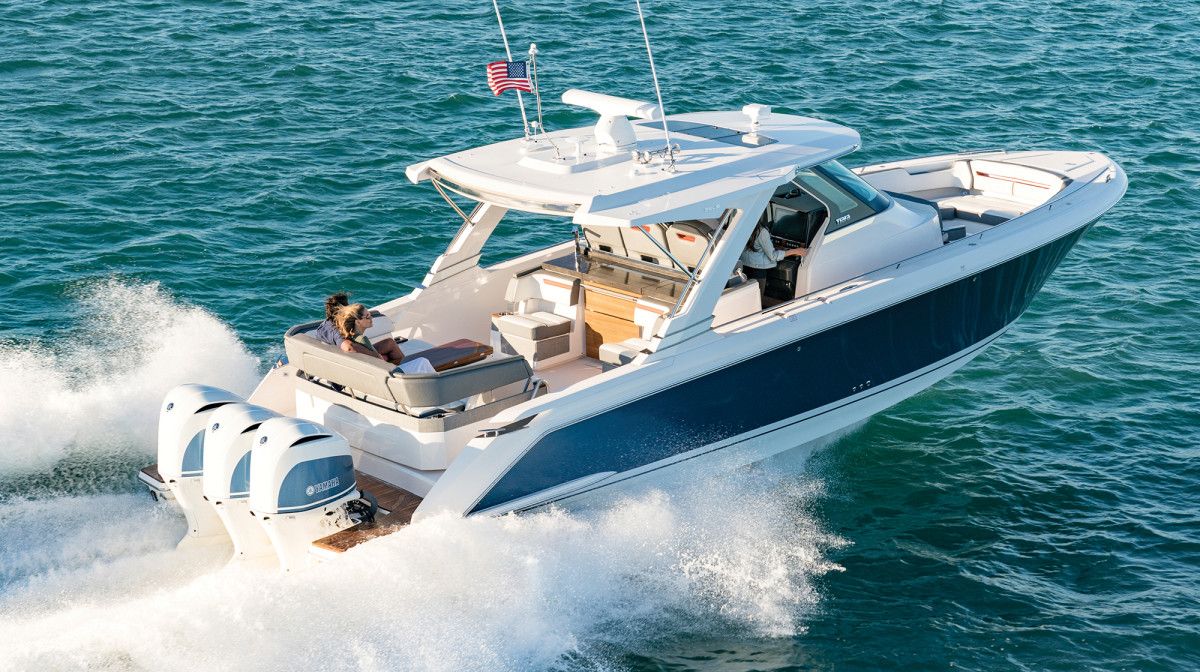Negligence in Boating Accidents
Negligence is a key factor when it comes to filing a compensation claim. But just because you got injured in a boat accident doesn't automatically mean that someone was negligent.
When assessing a negligence case, there are four elements that you need to prove. The first one that you need to establish is that the defendant owes a duty of care to the plaintiff.
Duty of care is a legal obligation of an individual or organization to act with reasonable care. It also means avoiding behaviors or omissions that could be reasonably foreseen to cause harm to others.
In a boating accident, a duty of care is owed by the boat operator to their passengers, as well as other water users. However, the boat owner, manufacturer, and even the passengers are also expected to act and behave with reasonable care.
Common Causes of Boating Accident Negligence
The next element that you need to prove is the breach of duty. In boating, a breach of duty occurs when the operator fails to provide reasonable care while doing their duty.
To give you a clearer picture of how a personal injury claim works, here are common causes of boating accidents that might prove a breach of duty:
Operator Inattention
The operator is required by law to pay attention to the boat, the passengers, and the environment where the boat is operating. Just like with a car accident, boating accidents can also happen due to being distracted. Therefore, the boat operator must refrain from using their phones, eating while driving, or doing any other non-driving activity while on the waters. This also involves boating under the influence (BUI), which is considered a punishable offense in Florida law.
Operator Inexperience
Boat operators are expected to be knowledgeable about operating their vessels. It also includes understanding whether the water currents, water depths, and weather conditions are good for boating. They also have to make sure that they have the proper tools and equipment on board.
Additionally, a nationally-approved boating safety education is encouraged to gain the skills needed for a boater to be confident on the waters.
Improper Lookout
Other than the operator, another individual is needed to serve as a proper lookout. The task of a proper lookout is to scan the area around the vessel by sight, hearing, or any available means. This is to make a full appraisal of the situation and avoid the risk of collision.
Excessive Speed
Recreational boats run at different rates of speed depending on the situation or the posted limit. However, excessive speed refers to the pace that is way above what a reasonable and careful person would do under the same condition. Too much speed might cause the boat to flip or a passenger to fall off.
Machinery Failure
Other than routine maintenance checks, it is imperative that the operator or the boat owner perform a safety check before every boat trip. This includes checking if there is enough fuel in the tank, all equipment is working, and there are spares or tools onboard for repairs.


